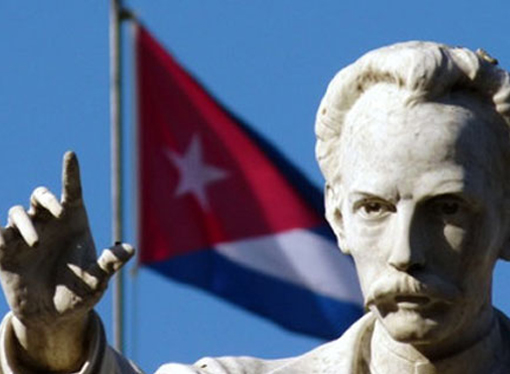A few months after its founding, former political prisoners who resided in other parts of New Jersey, in New York and in Connecticut joined the membership. A few years later, by request of the Executive Committee, in general meeting of the association, it was agreed to change its name to Union of Cuban Former Political Prisoners, Area North.
Given that the majority of the members lived in the state of New Jersey, specifically
in Hudson County and in Union City, this city became the headquarters and central office site of this organization.
The space occupied by the Union of Former Political Prisoners has been converted into a sanctuary of freedom. Its walls are covered with the photographs and names of the martyrs that had been assassinated and executed in search of freedom in Cuba. In addition, the space is used for classes, talks and conferences focusing on civic, political, economic, religious, cultural and human rights topics. History, civic and English lessons are regularly offered to children, adolescents and adults.
The headquarters of the Union of Cuban Former Political Prisoners is indeed a museum, with photographs, and names of the prisons where terror was systematically imposed. One can find there places where there were multiple physical abuses (horrors and tortures of all types; beating with sticks, machetes, bayonets and electrical cables; lack of food; lack of medical assistance; adulteration of food in order to include massive diarrhea; machine gunning of cells; transfer of prisoners to psychiatric hospitals where they were given electroshocks, making them human zombies, multiple psychological abuses (humiliations; suspension of family visits; isolation in punishment cells for days, weeks and months; suspension of personal mail; searches at all hours of the day and night), disappearances, assassinations and executions throughout and length and width of Cuba from 1959 to the present.
Our rooms are a small historical sanctuary in the struggle for the liberation of Cuba.

